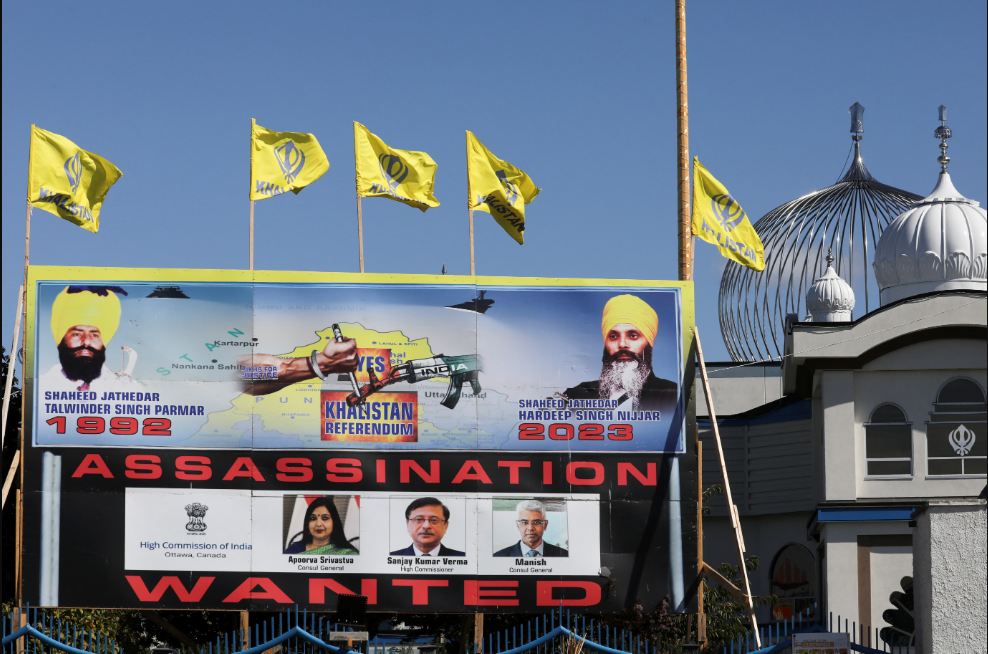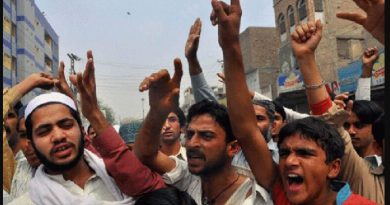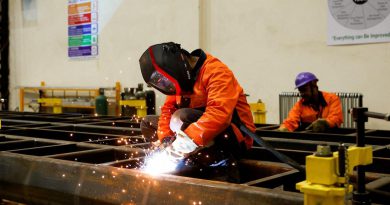“Seems Targeted,” said Sharad Pawar to NDTV about the Adani report by a US short seller
New Delhi – Following a total washout of the parliament session, one of the country’s most senior opposition leaders has blasted the high-pitched push for a Joint Parliamentary Committee (JPC) probe, which has halted all action in the country’s most important legislative body.
Sharad Pawar, the leader of the Nationalist Congress Party (NCP) and one of the country’s most powerful politicians, has also shown strong support for the Adani Group and criticised the narrative around US short-seller Hindenburg’s research on the company.
“Such statements were made by other people before, and there was a ruckus in parliament for a few days, but this time the issue was given undue importance.” The issues that were preserved, who kept them, who gave the statement, what is the context. We cannot ignore concerns that produce a commotion across the country since the expense is carried by the country’s economy. “It appears that this was planned,” Mr Pawar told NDTV in an exclusive interview.
“It appears that a specific industrial group in the country was targeted.” If they did anything improper, there should be an investigation.”
Mr Pawar honestly stated that he does not share the views of his Maharashtra ally on the Congress’s unwavering demand for a JPC probe into the Hindenburg report.
He claimed that after the demand was made, the Supreme Court launched an investigation and formed a team comprised of a former Supreme Court judge, an expert, an administrator, and an economist. They were given rules and a timetable to undertake an investigation.
“On the other hand, the opposition demanded the formation of a parliamentary committee.” If a parliamentary committee is formed, the ruling party will be in charge of monitoring. The demand was made against the ruling party, and if the committee designated to investigate contains a majority of the ruling party, the question of how the truth would be revealed is valid. If the Supreme Court, which no one can influence, conducted the investigation, there was a stronger possibility that the truth would be revealed. So, after the Supreme Court announced an investigation, there was no need for a JPC Probe. It was unnecessary.”
What does he think the Congress’s motivation was for requesting a JPC investigation?
“I cannot say what the intent was, but I do know that a committee appointed by Supreme Court judges was very important.” Perhaps the argument was that once a JPC is established, its proceedings are covered in the media on a daily basis. Perhaps someone would have rather that the situation linger for two to four months, but the truth would never have been revealed.”
Mr Pawar made it plain that he did not agree with Rahul Gandhi’s “Adani-Ambani” strategy of focusing on big enterprise. He said, referring to the “Tata-Birla” tale of the past, that it was completely meaningless.
“This has been going on in this country for a long time.” When we first entered politics, if we had to speak out against the government, we used to do so against Tata-Birla. Who was the intended victim? Tata-Birla. When we learned Tata’s contribution, we wondered why we continued repeating Tata Birla. But one had to target someone, so we chose Tata-Birla. Today, the name Tata-Birla is not prominent; other Tata-Birlas have approached the government. So, if you want to criticise the administration these days, use the names Ambani and Adani.The difficulty is, if the people you are targeting have done something wrong, abused their powers, then you have every right to speak out against them in a democracy, but to attack without saying anything important, I cannot comprehend.”
“Today, Ambani has contributed in the petrochemical sector, does the country not need it?” Mr Pawar said. Adani has made contributions in the sphere of power. Is it true that the country does not require electricity? These are the folks who take on such responsibilities and work for the sake of the country’s reputation. If they have done something bad, you attack, yet they have built this infrastructure, so criticising them does not feel right.”
Mr Pawar remarked, in an oblique reference to the Congress’s relentless campaign, “There can be different viewpoints, criticism, one has the right to speak strongly about the government’s policies, but a discussion should take place.” A conversation and dialogue are essential in any democracy; if you neglect discussion and dialogue, the system will be jeopardised and will perish.”
Mr Pawar believes that ignoring average people’s issues on a regular basis is wrong. “When this happens, we’re on the wrong track.” This is what we must comprehend.”
However, the veteran declined to blame merely Congress, pointing out that the demand was echoed by other opposition parties. However, he saw that neither the opposition nor the administration were making an attempt to find a solution.
“It is everyone’s responsibility that there is conflict in parliament… and, while the session will not run that day, there must be an effort to find a solution to get the house to run the next day, whether you sit in the evening or the next day.” This communication process is no longer present.”



